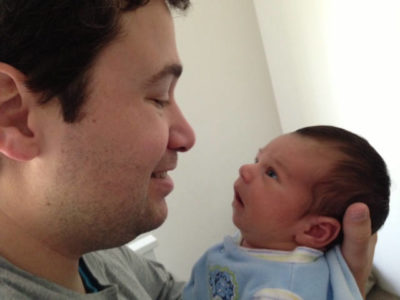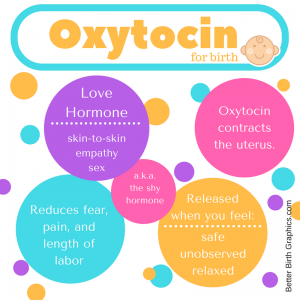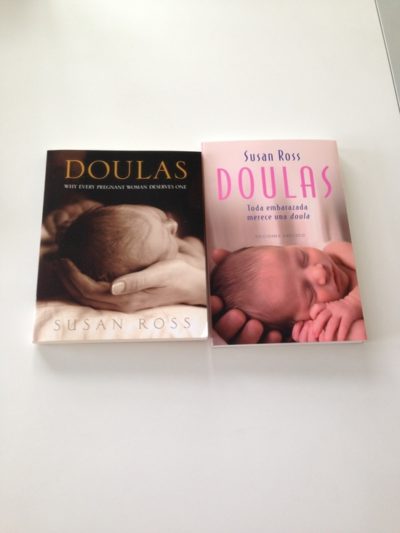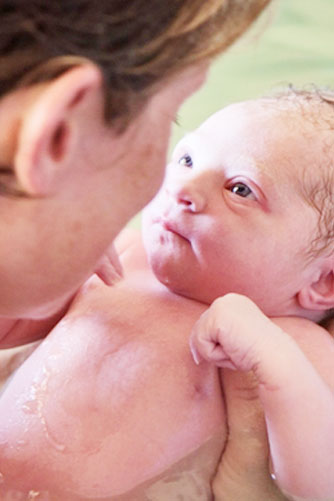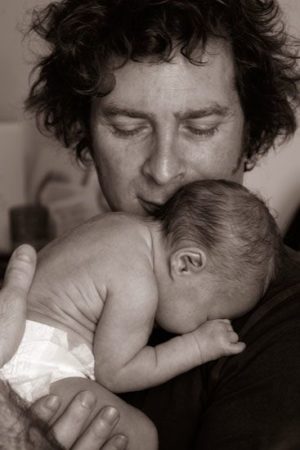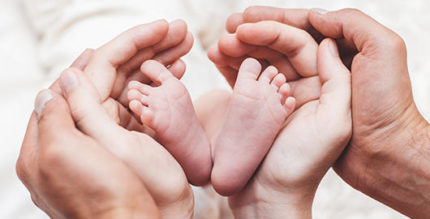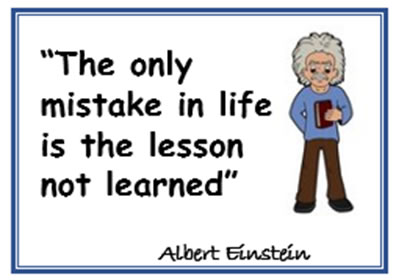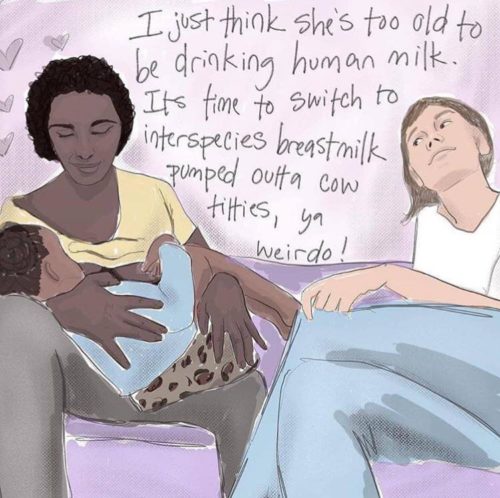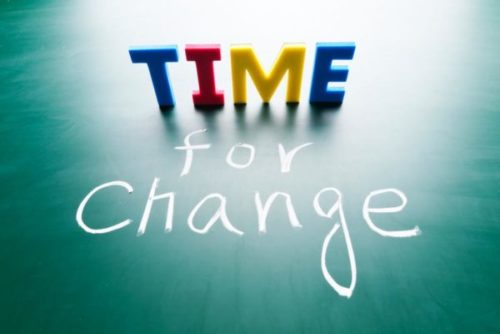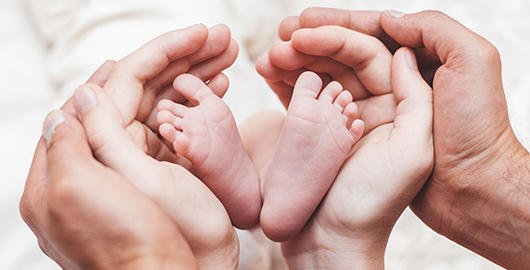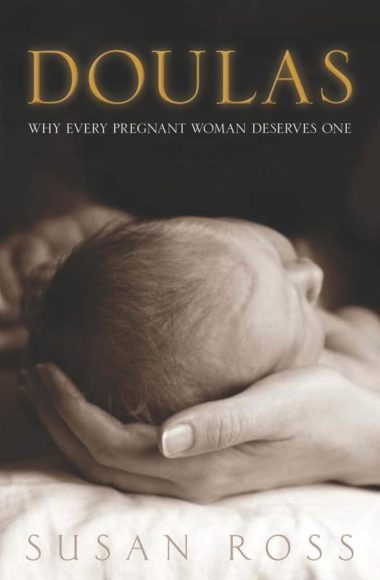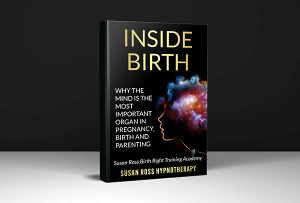What is happening for your unborn baby cocooned in a warm bubble, floating gently and listening, listening, listening….absorbing all that is going on in the outside world, particularly with his Mum and immediate family – his Dad, siblings and Grandparents. What is he hearing? What is he learning? What is he understanding?

It is not that long ago the medical consensus was, the ‘foetus’ was simply in an ongoing state of multiplying and dividing cells, forming organs, blood vessels etc. and at birth was a virtual blank slate, intellectually, emotionally and spiritually. THIS IS NOT TRUE. He is definitely NOT a blank slate. There is much research to show that the unborn baby is a cognizant and emotionally aware soul laying down his blueprint for life based on what he hears, feels and learns from his parents during pregnancy. Babies are conscious while in the womb. They can hear sounds, they are learning, forming memories, and responding to your stress.
Womb life is the first interactive environment and the experience is one of a continuous relationship. Bonding between baby and parents is as essential before birth as after.
WHAT IS LIMBIC IMPRINTING
The limbic system of the brain is responsible for our emotions and feelings. Research by the pioneers of prenatal psychology, doctors Thomas Verny and David Chamberlain, among others, show that behavioural disorders in adulthood, are the direct result of traumatic gestational (during pregnancy) experiences and interventions during pregnancy and birthing.
Dr. Verny presents evidence that the attitude of the mother toward the pregnancy and the unborn baby, as well as toward her partner have a profound effect on the psychological development of the child and on the birth experience. The mother’s pattern of feelings and behaviour is the main source of stimuli which shape the unborn baby.
SO IF YOUR UNBORN BABY COULD SPEAK………. WHAT WOULD HE SAY ABOUT?
- All the poking, prodding, ultrasounding, testing that he also experiences?
- And what would he say about all the negative stories and conversations that a pregnant women is inevitably exposed to?
- Everything you experience during pregnancy, physically and emotionally, STOP and take time to think about what your unborn baby would say? What would he be feeling? Every decision you make about your care, including ultrasounds, testing, is being made on behalf of your unborn baby.
HOW TO CREATE A HAPPY HEALTHY CHILD
Focus on laying down a beautiful imprint by connecting and bonding with singing and dancing and reading and including him in all your conversations and be aware that we all come into this world with an open heart to receive love. This is the first primal experience that is registered in our nervous system. Every baby has the right to know and feel love and enjoy a positive emotional imprint in utero and experience a beautiful connected birth feeling welcomed into the outside, being touched and held by his mother only, breastfeeding and seeing the wonderful smile and love on his father’s face. This simply sets the pattern for the rest of his life.
Learn how to enjoy your pregnancy, labour, birth and baby with Inside Birth® prenatal classes. Your baby will love these classes! https://birthright.com.au/inside-birth-delivering-antenatal-classes-differently/


